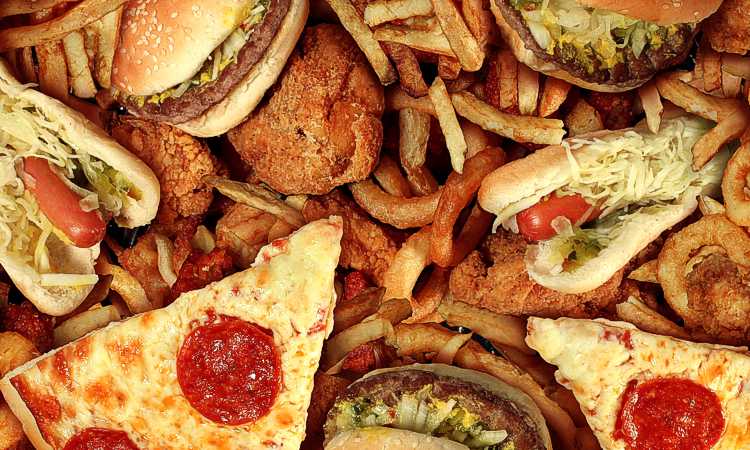
Before we get into the details of the junk food addiction aspect let’s first define the subject. The official definition of junk food is food, meaning some substance that is basically edible, with little or virtually zero nutritional value. Junk food is often high in saturated fats and sugar and contains calories but little in the way of either protein, vitamins or minerals – as numerous scientific studies have proven.
In itself, eating substances that contain little or no nutritional value may not be such a problem if that’s all there is between you and starvation. However, as most of us are not quite that desperate why would you do it? That is essentially the crux of the matter. Unsurprisingly, the answer is that due to its high content of sugar and fats junk food is very addictive – which of course is precisely the manufacturer’s intention: get you hooked and keep you hooked.
The addictive qualities of junk food have been repeatedly proven by various scientific studies which have found that consumption of junk food alters brain activity in ways similar to the effects of using cocaine and heroin. In recent studies with rats fed unlimited amounts of junk food the pleasure centers in their brains became desensitized and required increasing quantities of junk food to maintain the same amount of pleasure. When the junk food was replaced with a healthier diet the rats starved for two weeks rather than eat more nutritious food. Sound familiar? Not only that, but the addiction can be inherited. Female rats eating junk food during pregnancy increased the likelihood of their offspring being similarly addicted. Like rats, like humans. We’re not so different.

Common junk foods include salted snacks, chewing gum, most kinds of candy, sweet desserts, fried fast food and carbonated beverages. Consuming these substances – calling them foods is, I feel, rather disingenuous to say the least – also causes obesity and you don’t need to be a laboratory rat to be affected. A test of true addiction is when there’s a continuation of the same behaviour even in the face of negative consequences. Just think of your average heroin or cocaine junky. The brain’s reward sensing system gets short circuited and with unlimited access to junk foods we humans don’t know when to stop.
According to a neuroscientist at Boston University, we simply haven’t evolved fast enough to survive under these conditions. Jon Davies, an addiction biologist at the University of Cincinnati, says “Once we start to consider obesity and pathological overeating as a psychiatric illness we’re going to move a lot closer to understanding how to come up with therapies or treatment.